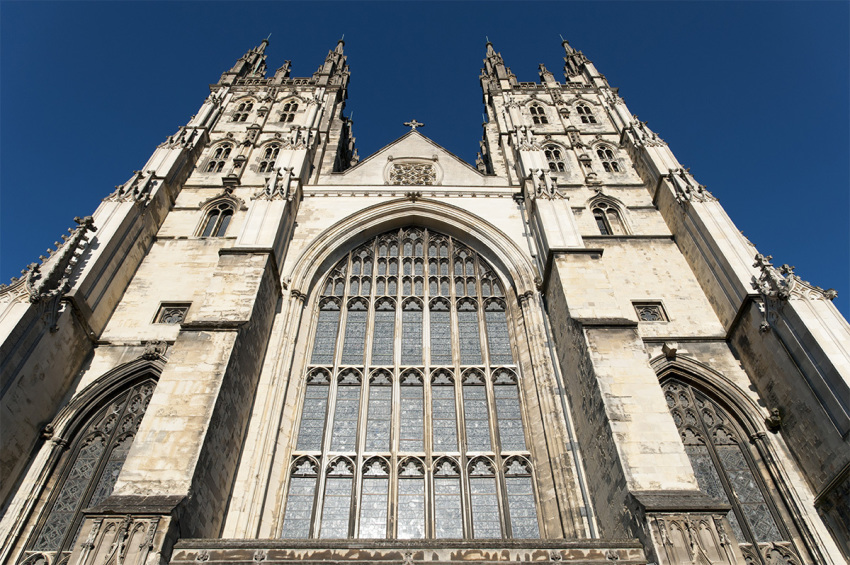Church of England passes motion opposing assisted suicide law

The Church of England has passed a motion reaffirming its opposition to a proposal to legalize assisted suicide, calling on the government to better fund alternative approaches.
At the denomination's General Synod meeting, members passed a Private Member’s Motion on Sunday calling for the laws on assisted suicide to remain unchanged, and to have more state support given to palliative care options.
The motion, which passed by a vote of 289 in favor, 25 against and 33 abstentions, called on the United Kingdom to “guarantee and expedite the adequate funding and resourcing of palliative care services within the [National Health Service] to ensure that the highest possible standards of care are achieved and made universally accessible.”
The motion also stated that the denomination believes that “the current legislation in relation to Assisted Suicide referenced in Section 2 of the Suicide Act 1961 (and its application through the [Director of Public Prosecutions] guidelines) should remain unchanged.”
The motion reaffirms earlier statements made by William Nye, the secretary-general of the Church of England General Synod, regarding proposed legislation to legalize assisted suicide.
"The Church of England has been adamant in its rejection of a change in the current law in Parliament, in the media and among medical professions," Nye told The Times last month.
At issue was legislation introduced in Parliament by Baroness Molly Meacher known as the Assisted Dying Bill, which would allow terminally ill adults to undergo assisted suicide.
Also known as HL Bill 13, the proposed legislation is in the House of Lords, with it having been moved to second reading in late April. The bill still remains to be taken up by the committee.
According to the NHS, both assisted suicide and euthanasia are illegal in England and can be punishable by up to 14 years in prison, in accordance with the Suicide Act of 1961.
The Church of England’s rejection of the proposed legalization of assisted suicide comes as Canada is scheduled to expand the parameters for legalized euthanasia in 2023.
Canada has legalized physician-assisted suicide in 2016 for terminal illnesses, then expanded its law last year to allow medical aid in dying for non-life-threatening disabilities.
The 2021 legislation included what critics describe as a “sunset clause,” which will open the door for Canadians with non-lethal mental illness to be eligible for assisted suicide.



























